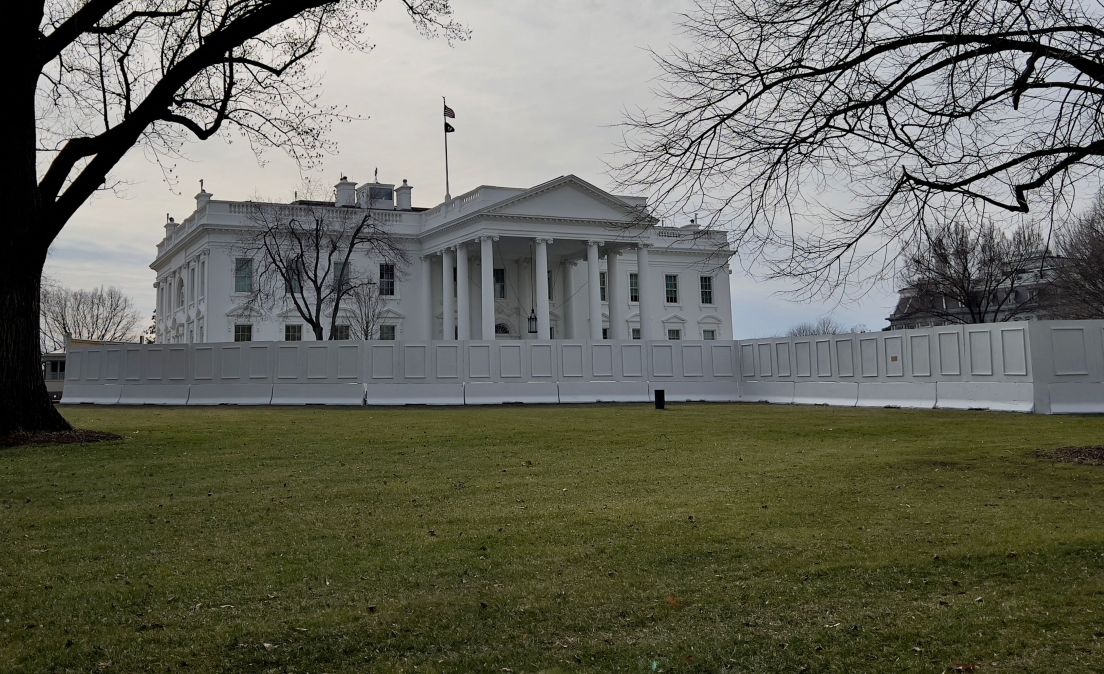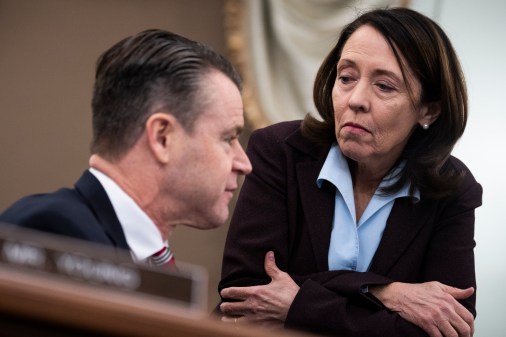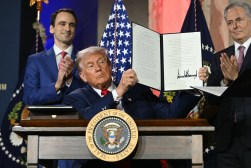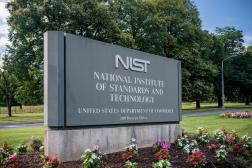White House pushes for government coordination in global quantum competition

The White House is calling for more funding and interagency coordination for the advancement of international cooperation in quantum information science and technology, or QIST.
A document released Monday by the Office of Science and Technology Policy details a series of QIST-related recommendations from a subcommittee within the National Science and Technology Council, including that the U.S. government create long-term funding mechanisms for QIST collaboration and cooperation and “establish and track” global metrics for QIST and the competitiveness of “enabling technologies.” The report calls for enhanced “interagency coordination of international cooperation practices to reinforce an integrated U.S. government-wide portfolio for international QIST engagement.”
The motivation for international QIST cooperation, OSTP said in the document, is to strengthen international engagements, promote access to resources and markets, guide QIST-related policies and practices on the global stage and more. The office, however, also points to challenges that complicate the development of effective international collaboration, such as mismatches with foreign partners on “diverse topics” like funding systems and technical capabilities.
”While the United States has supported international cooperation in QIST for decades, opportunities exist to adjust and strengthen its approach that will better position the nation to both leverage international engagements and advance U.S. priorities related to QIST,” the report states.
The report continues: “The United States is also experiencing an increase in international requests for collaboration that could divert attention from ongoing efforts if not coordinated and prioritized effectively.”
OSTP noted that a frequent challenge for the nation in the quantum space is that a foreign country will approach U.S. agencies to “individually propose formal and informal partnerships,” and agencies’ staff could be “unaware of ongoing partnerships that could be leveraged for cooperation.”
To address the issue, the White House suggested that agencies bolster formal and informal mechanisms for international coordination that are not as resource-intensive or time-consuming as memoranda of understanding or agreements. Specifically, agencies that lead and fund QIST research and development should “identify trusted partners in the international community that can accelerate ongoing work.”
“Agencies should incentivize staff to allocate time and resources to develop cooperative relationships with partners, when appropriate, that will have long-lived impacts,” the document states. “In addition, agencies should reduce bureaucratic hurdles, when appropriate, to streamline the development of new formal international arrangements, while leveraging existing bilateral and multilateral agreements and arrangements.”






